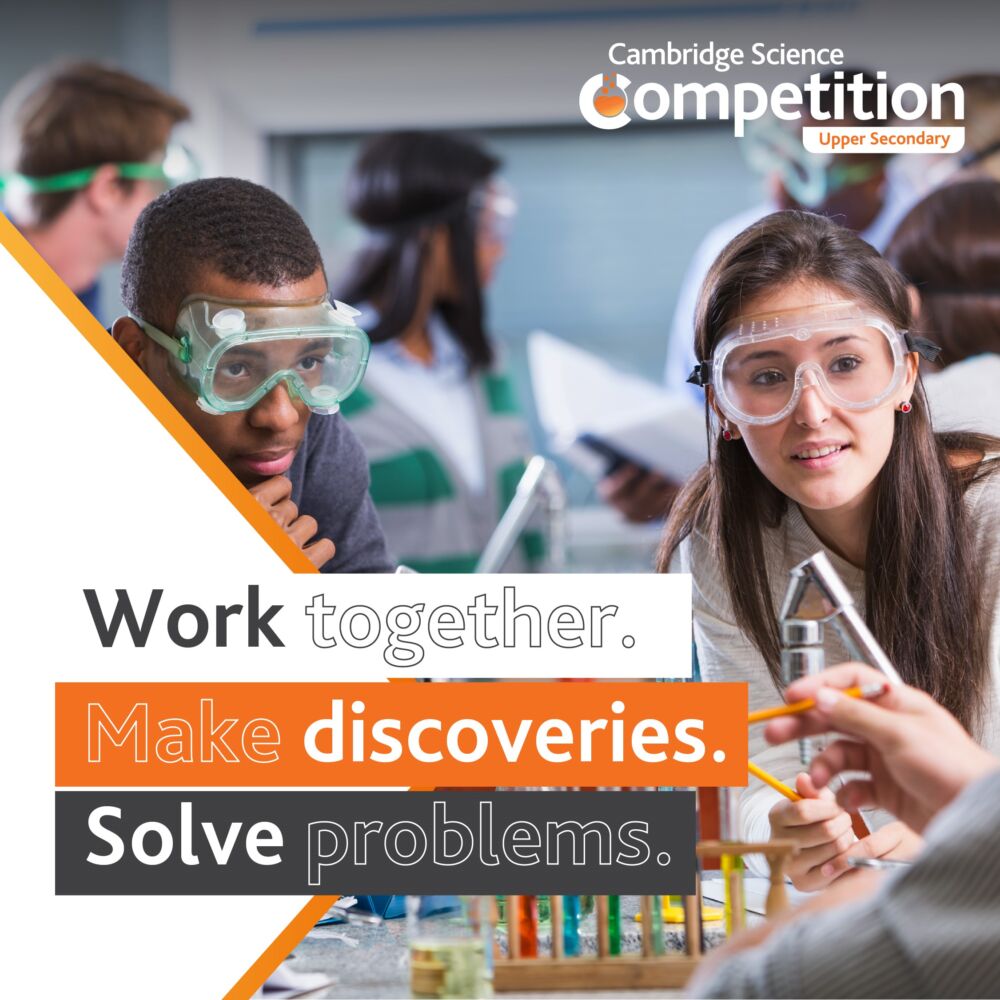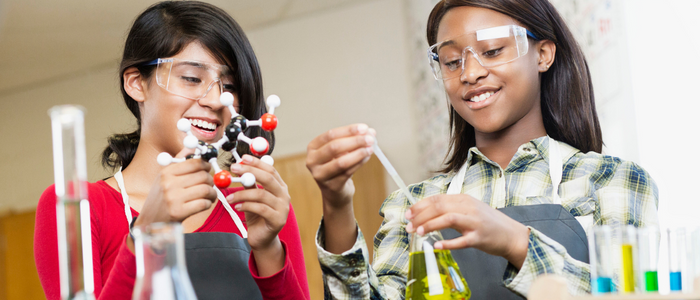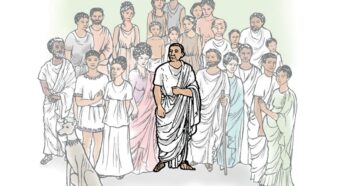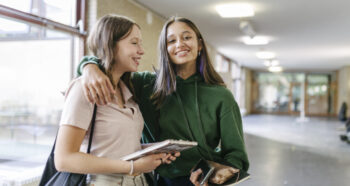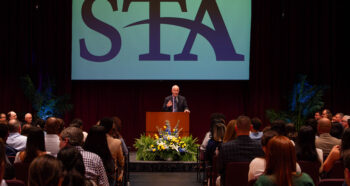Almost 260 schools from around the world took part in the Cambridge Upper Secondary Science Competition in 2019, which is relaunching in 2023 following a break during the pandemic. A student from Jayshree Periwal International School, India, won the Best in World award in 2019, and talks to us about her experience.
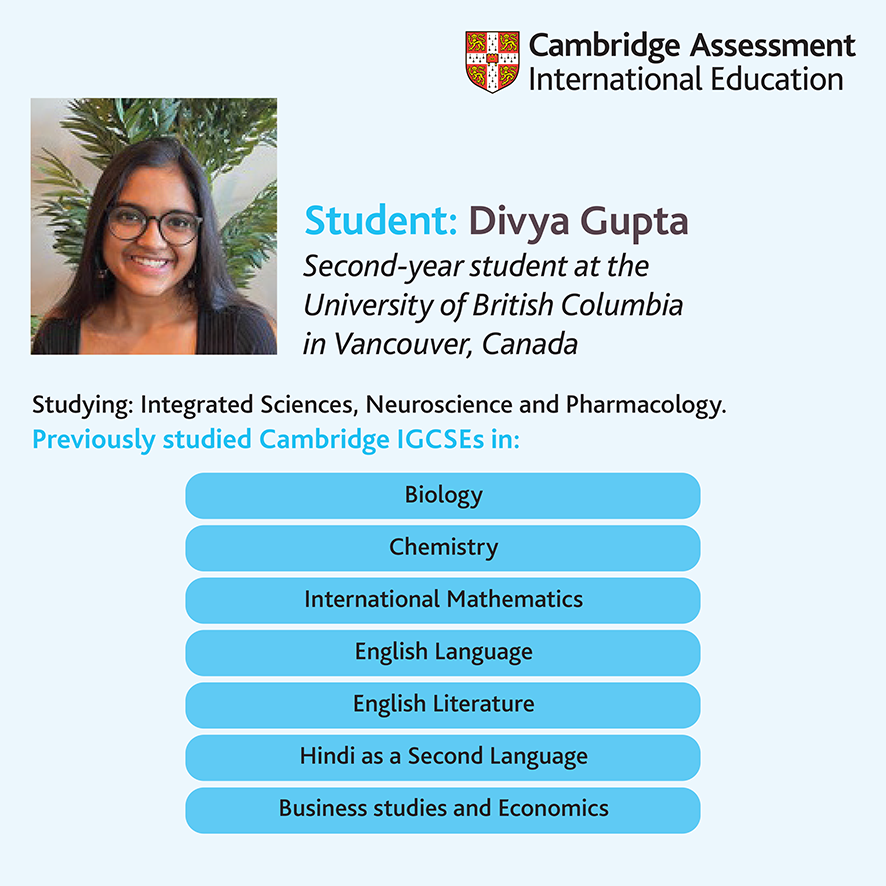
Tell us about your project and what made you enter the Cambridge Upper Secondary Science Competition.
Our Cambridge IGCSE coordinator and Biology teacher, Ms. Rimpy Ahuja, suggested it as an opportunity for our class. My teammates and I were intrigued by it and decided to enter.
While we were brainstorming a topic to choose, we celebrated a friend’s birthday. When we were eating the cake, we thought about how it contained artificial colouring and realised how commonly used it is. It sparked our curiosity, and we decided to investigate whether food colouring was safe for consumption.
How did you use the resources provided by Cambridge?
The resources gave us a very strong foundation of what the competition looked for in its winning candidates. The samples and other resources gave us our starting point, which is often very difficult to find while taking up tasks. We designed the methodology and formed a basic idea for our investigation and our teachers helped us solve our conceptual doubts about biological and experimental processes.
What did you learn from this project?
This project was a gateway to applying what we had learned in the books to the real world. This competition was practically my first introduction to developing scientific rigour. I learned a lot about putting my curiosity into real scientific experimentation. I also learned about teamwork and coordination. A big part of the project was to build a team spirit, manage responsibilities, and allocate tasks to each team member.
I thoroughly enjoyed getting to know my teammates, who I previously only knew as classmates, and discovering that we had similar academic interests was the cherry on top!
I was able to build several skills that still aid me in my field of study today, such as:
- developing a methodology
- carrying out correlation tests
- researching academic papers for developing background knowledge
You have gone on to study science at university. How are you finding it?
I am thoroughly enjoying my course! I chose Integrated Sciences because it enables me to design my own degree, and this expands on my love for learning. I am able to explore my interests and integrate different disciplines. I get to be a part of different labs and design my own experiments, which I still find really fascinating.
What would you say to students who are entering the 2023 competition?
I would say, go for it! It’s an amazing learning experience and it can develop your interest and passion for science. The competition gave me the opportunity to express my passion and commitment to science to the universities I applied to.
